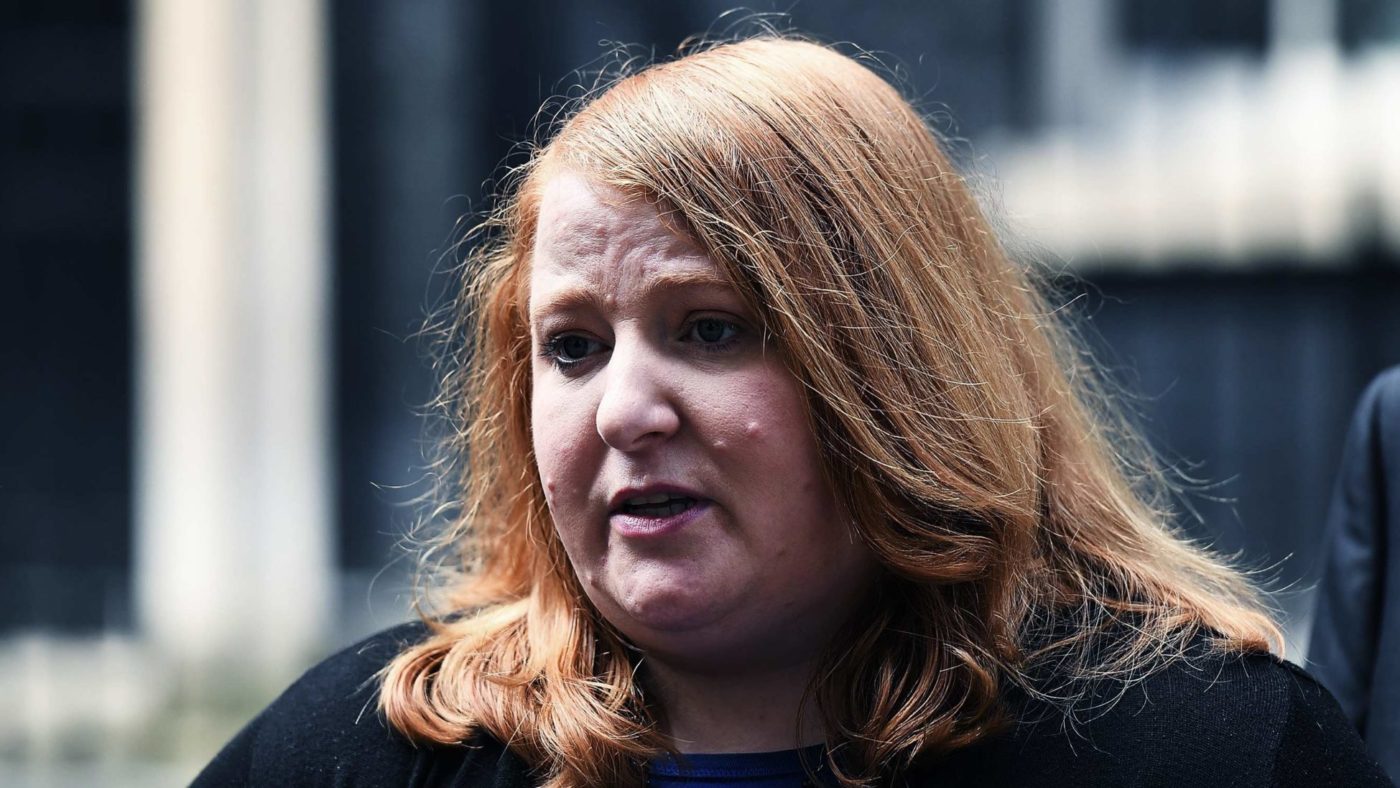The European Parliamentary election in Northern Ireland habitually highlights the ugliest aspects of the province’s divided politics. For decades, an intolerant unionist demagogue, Ian Paisley, topped the poll. Now, the best performing candidate is Sinn Féin’s Martina Anderson, a convicted bomber, who plotted to murder and maim alongside some of the IRA’s most fanatical killers.
Northern Ireland is treated as one constituency in European elections, which compounds the tendency of polls in Ulster to become sectarian headcounts between Sinn Féin and the DUP. The two parties are effectively assured of two of the three MEP seats. The Single Transferable Vote, used in preference to the D’Hondt voting system employed in the rest of the UK, allows voters to rank candidates in order of preference, so parties encourage their supporters to transfer within tribal blocs.
This year’s election shows that a growing number of electors don’t affiliate with the traditional political groupings, unionist and Irish nationalist. The Alliance Party won its first ever European Parliamentary seat, fielding its leader, Naomi Long, as a candidate. It defines itself as non-sectarian, but its rise has coincided with fierce opposition to Brexit (the Lib Dems are Alliance’s sister party) and support for reform on social issues, like same sex marriage and abortion.
Long received 105,928 first preference votes, more than double Alliance’s total in 2014. Sinn Féin topped 126,951 ballots, down significantly from the last European elections, while the DUP’s Diane Dodds performed slightly better. Her 124,991 votes amounted to a 22 per cent vote share – up just under a percentage point from 2014 and she was the first candidate elected, after receiving the required transfers when the Ulster Unionists’ Danny Kennedy was eliminated from the count.
Alliance’s success cannot be interpreted as a rejection of tribalism and a call for reconciliation. Naomi Long polled well in areas where the Ulster Unionist Party (UUP), which previously held the third European seat, faltered. It attracted broadly pro-Union voters who have watched the failure to deliver Brexit at Westminster with growing trepidation.
At the same time, this constituency, much of it young and liberal, feels that unionist politicians have caused Northern Ireland to fall behind, while other regions benefited from social reforms. The DUP used a cross community veto at the Stormont Assembly to block same-sex marriage legislation and, since the Republic of Ireland held a high profile referendum on the issue, the province has the most restrictive abortion laws in the British Isles.
While it hollowed out the UUP vote, Alliance also attracted significant support and transfers from nationalists for its uncompromising Brexit position and its equivocal attitude to Northern Ireland’s place in the UK. The province’s large Irish nationalist minority is almost unanimous in its support for Remain. Unionists are more divided on the EU, though a majority supported Leave at the referendum.
At this election, 57 per cent of the electorate voted for pro-Brussels parties, which is exceptionally close to the 56 per cent that voted remain in the referendum. Northern Ireland’s political landscape is still starkly divided, but now new fissures are opening up, alongside old squabbles about nationality and identity.
Many middle-class voters from prosperous areas, as well as younger people, are deeply fearful that Brexit will cause disruption and hardship on this side of the Irish Sea. There is a liberal contingent that has expressed its anger by flirting with the idea that aligning with Dublin may be the best option for Northern Ireland’s future. They see themselves as ‘progressive’ and despise the conservative social attitudes that prevail among many traditional unionist supporters.
As the former Alliance leader, Lord Alderdice, noted in an interview, the party now represents, “a third element in society – they’re not as devoted to the proposition that they are there to bring the two sides together”.
The tone that many of Alliance’s representatives adopt in debates can be pious and hectoring. The party has injected Northern Ireland’s traditional identity politics with a dose of modern liberal identity politics. It’s often supportive of faddish causes, like votes at sixteen or the idea that gender can be changed at a whim. Like parties elsewhere that adopt this language, Alliance presents itself as liberal, but can be nasty, intolerant and exceptionally vicious to those who disagree.
Nonetheless, for Ulster’s unionist parties, Alliance’s growing popularity represents a serious challenge. Due to its hostility to Brexit, the party favours loosening Northern Ireland’s ties with the rest of the UK, in order to draw it closer to the Republic of Ireland, through the backstop or through another form of special status for the province.
The DUP’s vote is relatively unaffected by Alliance’s surge, but younger, more secular voters are leaving unionism – particularly the UUP, which was perceived as a more moderate option.
If there were a vote on Ulster’s future any time soon, unionists would still be confident of winning. Unless they can find a way of appealing to more liberal voters, though, the danger is that expressions of the province’s Britishness will be eroded, until it becomes almost a formality whether Northern Ireland is part of the UK, the Republic of Ireland or something in between.
CapX depends on the generosity of its readers. If you value what we do, please consider making a donation.


